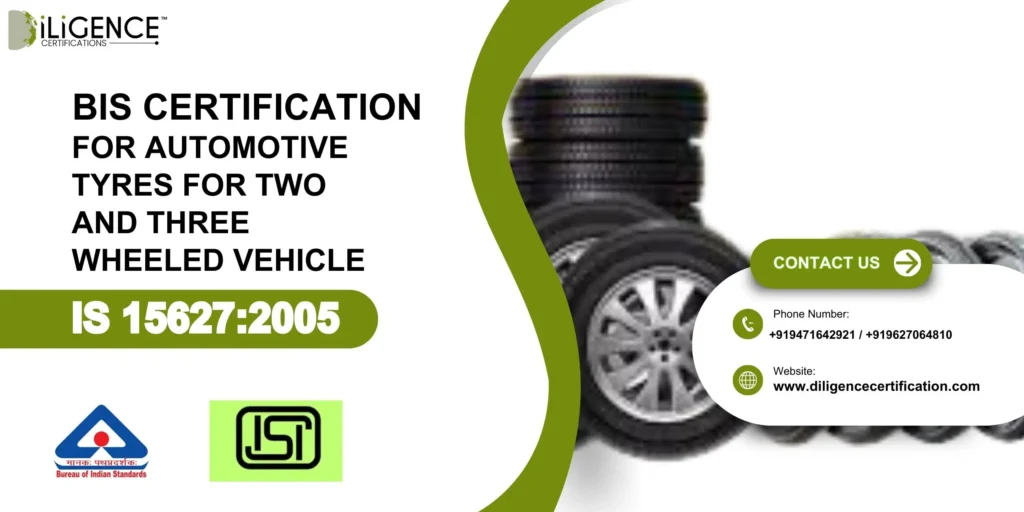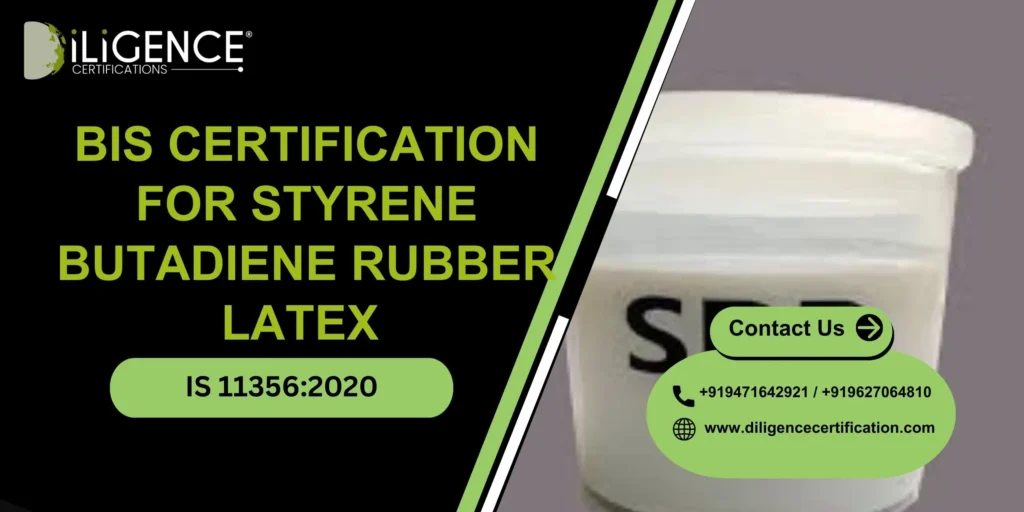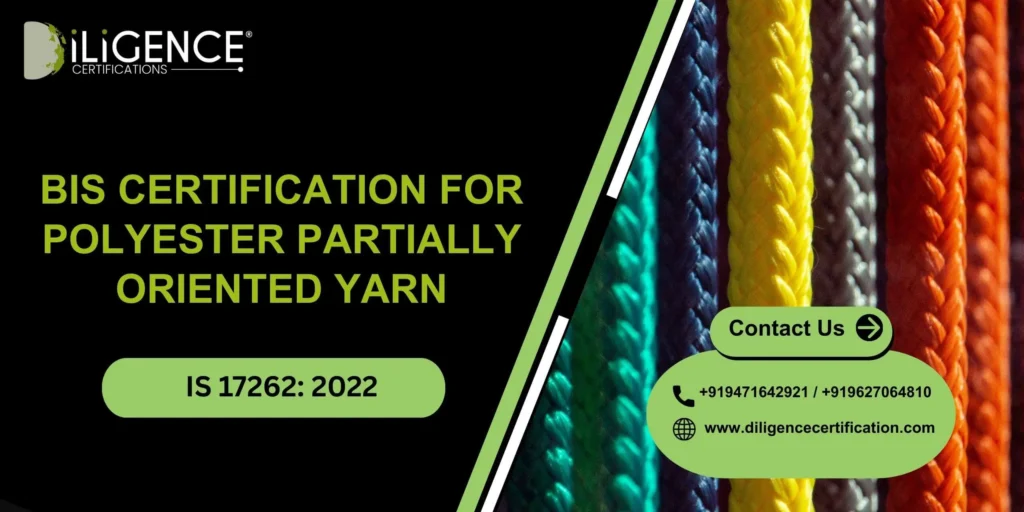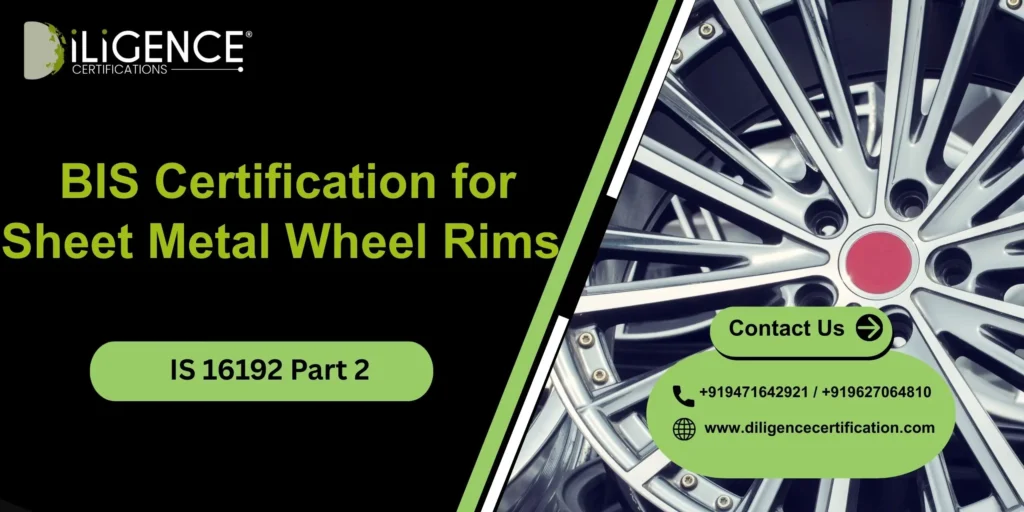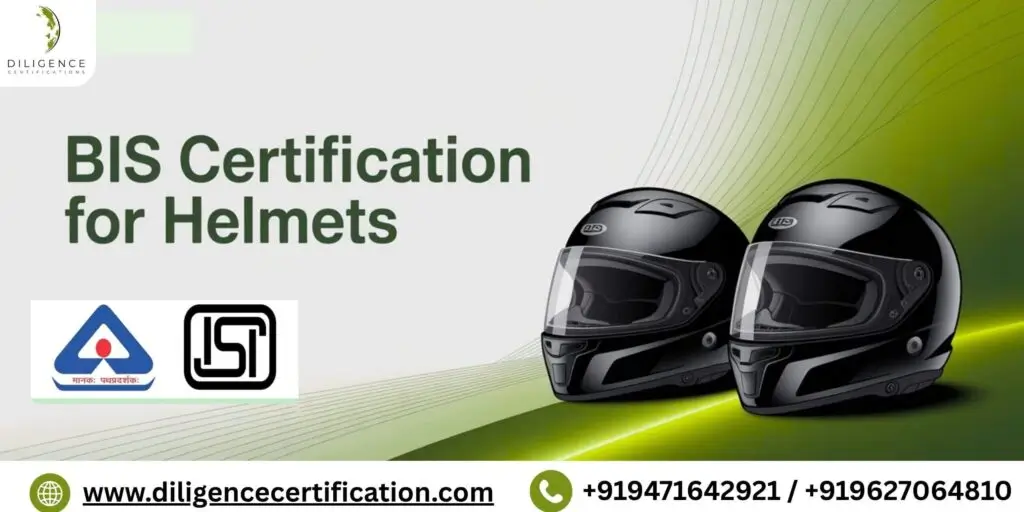- (BIS) certification under IS 15627 is mandatory for Automotive Tyres for Two- and Three-Wheeled Motor Vehicles.
- ISI mark Certification is mandatory for all automotive tyres in India.
- Applies to the tyres of passenger, commercial, and multipurpose vehicles.
- Tests and factory inspections complete to validate a tyre’s safety, quality, and performance.
- Provides legal compliance, consumer safety, and legitimacy in the marketplace.
Introduction

Automotive Tyres Two Three Wheelers IS 15627 BIS Certification for Automotive Vehicles – Pneumatic Tyres for Two and Three-Wheeled Vehicles (IS 15627) gives assurance of safety, quality, and dependability of products in India. For the automotive vehicle tyres, requiring safe movement on the roads, BIS Certification is requisite under IS 15627.The requirements of IS 15627 include tubeless pneumatic tyres, size, load capacity, speed rating, material criteria, and requirements concerning performance
In short, by having approval under IS 15627, the manufacturer can use the ISI mark, which indicates to consumers, and others, that the tyre meets strict safety, and quality requirements. The best-case scenario for IS 15627 is the prevention of the many accidents caused by bad tyres, and if safety and quality aspects are not enough for the auto sector it further allows consumers to be assured that the manufacturer, and our dealer is complying with regulatory requirements and this helps build a consumer’s trust in the auto industry.
What is BIS Certification for Automotive Vehicle Tyres under IS 15627?
BIS Certification for automobile vehicle tyres under IS 15627 is a compulsory quality and safety certification issued by the Bureau of Indian Standards (BIS) granted for all pneumatic tyres used on two- and three-wheeled motor vehicles in India. IS 15627.Automobile Vehicles – Pneumatic Tyres for Two- and Three-Wheeled Motor vehicles provides the general, dimensional, and performance requirements for the new tyres in radial and diagonal ply construction.
Why is BIS Certification mandatory for Tyres under IS 15627?
BIS Certification under IS 15627 is mandatory because tyres are critical to vehicle safety and performance. The certification enforces quality, safety, and reliability, while also ensuring compliance with Indian laws and boosting consumer trust.
- Make sure safety and performance reliability.
- Prevent sale of unsafe or counterfeit tyres.
- Protect consumers and reduce road accidents caused by tyre failures.
- Facilitate standards and trade compliance across the Indian automotive sector.
- Tyre manufacturers and importers cannot legally sell tyres in India without the BIS certification.
Understanding IS 15627 – Automotive Vehicles Tyres

- IS 15627 is the Indian Standard for pneumatic tyres (excluding tyres for strollers) fitted to two wheelers, three wheelers, quadricycles, e-rickshaws and e-carts.
- Specifies dimensional, performance, and safety requirements for both radial and diagonal ply tyres.
- Ensures tyres meet tests for strength, endurance, load capacity, and speed performance.
- Mandates marking and labelling (tyre size, load index, speed symbol, manufacturer details, ISI mark).
- BIS Certification is mandatory tyres without an ISI mark must not be manufactured, imported or sold in India.
- Consistent with international standards (ECE R 75) for acceptance worldwide.
- Updated in 2022 (amended in 2024) to incorporate tyres intended for electric vehicles such as e-rickshaws and e-carts.
- The standard aims to promote road safety, to protect consumers and to standardise products.
Who Needs BIS Certification for Automotive Vehicle Tyres under IS 15627?
Automotive Vehicles Pneumatic Tyres for Two- and Three-Wheeled Motorcycle Vehicles is compulsory for all the companies engaged in manufacture, sale, distribution or imports of pneumatic tyres for.
- Two-wheeled:- motorcycles, scooters, mopeds.
- Three-wheeled:- auto-rickshaws and others.
- Quadricycles:- E-rickshaws, and e-carts Included in the revised 2022 version, 2024 amendments.
Benefits of BIS Certification for Automotive Tyres (Two- and Three-Wheeled Vehicles
- Safety:- Ensures that tyres meet safe standards to help eliminate accidents.
- Quality assurance:- Certifies that tyres are produced utilizing high quality raw materials and production processes.
- Regulatory compliance:- Provides assurance that tyres confirm legal requirements for sale and use in India are met.
- Increased consumer confidence:- The ISI mark gives a customer assurance that they are purchasing tyres that they can rely on and are durable.
- Performance reliability:- Tyres will perform reliably with stated load, speed, and conditions.
- Decreased road hazards:- Tyre failure and blowouts on the road will decrease.
- Standardization:- Criterion for standardization requires manufacturers to create or maintain levels of uniformity throughout all their products.
Step-by-Step BIS Certification Process
- Online Application:-Register and submit product/factory details via the Manakonline portal.Include manufacturing, QC, process flows, and design specs.
- Testing in BIS-Approved Labs:- Submit samples for tests: thermal shock, impact, calibration, chemical safety, graduation accuracy.
- Factory Inspection:- BIS assesses facilities, QC systems, traceability, equipment, and cleanliness.
- License Approval:- Upon compliance, receive BIS license (CM/L), enabling use of ISI mark with IS 15627:2005.

Key Highlights
| Product | Automotive Tyres For Two And Three-Wheeled Vehicles |
| Standard | IS 15627 |
| Compliance Requirement | Mandatory |
| Certification Mark | ISI Mark |
| Authority | Bureau of Indian Standards (BIS) |
| Purpose | Safety, quality & performance |
| Validity | 2 year (renewable) |
Required For BIS Certification mandatory for Tyres under IS 15627?
BIS Certification under IS 15627. Automotive Vehicles – Pneumatic Tyres for Two- and Three-Wheeled Motor Vehicles is mandatory in India for pneumatic tyres strictly designed to be fitted on two wheeled and three wheeled vehicles, but also quadricycles, e-rickshaws, and e-carts. Each certification reinforces that the tyres and rims comply with various prescriptive regulatory requirements regarding: critical dimensional requirements; safety (load capacity, endurance & speed performance); and performance (strength). Without the ISI mark, tyres cannot be manufactured/ imported/ sold legally in India.
Required Documentation
- Business/Factory registration certificate
- Product specifications (tyre size, type, drawings)
- Test reports from BIS-recognized laboratory (as per IS 15627)
- Manufacturing process details & quality control plan
- Trademark registration (if applicable)
- Authorization letter (for foreign manufacturers through Indian representative)
Timelines, Costs, Validity & Renewal
Timelines
- For Indian Manufacturers:- About 30 days from the application submission until certification.
- For Foreign Manufacturers:- About 180 days (Note that the lead time for completion is longer for foreign manufacturers because it includes additional steps for factory inspections and completion of several documents).
Costs
| Application Fee | Charges for submitting the BIS certification. |
| Testing Charges | Fees for testing product samples in BISrecognized laboratories. |
| Audit Fee | Cost for factory inspection by BIS officials. |
| License Fee | Fee for grant of BIS license. |
| Marking Fee | Annual fee based on the production volume for using the ISI mark. |
Validity
- Valid for up to 2 years.
Renewal
- Can be renewed for up to 5 years
Eligibility for BIS Certification of Automotive Tyres (Two- and Three-Wheeled Vehicles
Eligibility for BIS certification lies in demonstrating compliance to IS 15627:2022 needs to be demonstrated, established, demonstrate quality systems, pass lab tests and inspections and apply the ISI logo to products prior to sale in India.
If you are a manufacturer (Indian or foreign) making pneumatic tyres for two-three wheelers, quadricycles or e-rickshaws for the Indian market.
Eligibility Criteria
Applicable Standard
- Tyres need to meet IS 15627:2022 (latest version).
- Old version IS 15627:2005 is withdrawn (effective from March 25, 2023).
Mandatory Certification
- Certification is mandatory as per the Pneumatic Tyres & Tubes for Automotive Vehicles (Quality Control) Order, 2009).
- BIS ISI Mark is required before tyres can be sold in India.
Who Can Apply
- Only manufacturers (Indian or foreign) will be considered.
- Traders, dealers, or distributors cannot apply.
- Each manufacturing unit must obtain its own BIS license.
Product Scope
- Applies to pneumatic tyres for:
- Two-wheeler (motorcycles, scooters, mopeds)
- Three-wheelers (auto rickshaws, goods carrying)
- Quadricycles
- E-rickshaws & e-carts
Foreign Manufacturers
- Can apply through Foreign Manufacturers Certification Scheme (FMCS).
Exemptions
- Certain tyre sizes (not made in India) may be temporarily exempted by Govt. notifications.
- Exemptions are specific to tyre sizes & notified periods.
Why Choose Diligence Certification?
- Expert Guidance:- Simplifies the certification process with professional support.
- Time-Saving:- Fast and efficient handling of applications and approvals.
- Compliance Assurance:- Ensures full adherence to BIS and other regulatory standards.
- Transparency:- Clear process with no hidden charges.
- Reliability:- Trusted by manufacturers for smooth certification and renewals.
- End-to-End Support:- From documentation to factory inspection and license issuance.
- Dedicated Customer Support – Professional consultants provide guidance and resolve queries promptly.
Conclusion
BIS Certification (IS 15627) provides legal compliance but is also a process for safety assurance for millions of road users across India. For two- and three-wheeler owners, the benefits mean safer rides, fewer accidents and longer lasting tyres. For manufacturers, the benefits mean more market acceptability and credibility, and being globally competitive. With the shift towards sustainable mobility solutions in India, and no doubt the likely increased uptake of e-rickshaws and quadricycles, and similar mobility solutions, IS 15627 will continuously undergo review and refurbishment so that tyre quality and assurance remains relevant to requirements of current day mobility decisions.
Frequently Asked Questions
What is IS 15627?
IS 15627 is the Indian Standard for pneumatic tyres designed to be fitted to 2- and 3-wheel motor vehicles, for use within India.
Do tires under IS 15627 need to be BIS certified?
Yes. Though not limited to just the BIS certification if you are manufacturing, importing or selling in India.
Why do we need certification?
To determine tyre safety requirements, quality, durability, and to ensure a tyre is manufactured in a nature compliant to Indian standards.
Which products are covered by the standard?
New pneumatic tyres for scooters, motorcycles, mopeds, autorickshaws, e-rickshaws, and quadricycles.
Are there any exceptions?
Yes! Export only items, tyres made for a vehicle that is an OEM exporting this vehicle, and R&D/testing purposes.
What is the certification process?
Application → Document Review → Factory Inspection → Sample Testing → Grant of the BIS licence → Application to use the ISI mark.
How long will certification take?
Approx 30 days form Indian Manufacturer, up to 180 days from foreign manufacture.
What documents are required?
Application form, technical data, test reports, factory layout, details of the QC process, and any proof of business registration.
What are the consequences of non-compliance?
Product seizure, cancellation of licence, a penalty of ₹50,000 and/or imprisonment.
What are the benefits of certification?
Compliance to the law, confidence from your customers, better access to market, and just peace of mind for you in terms of safety and quality.

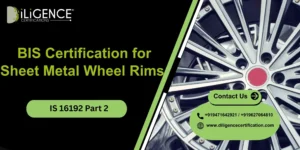
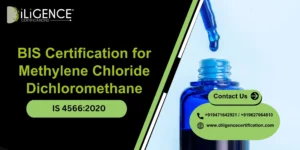
 BIS Certification
BIS Certification
 CDSCO
CDSCO
 CPCB
CPCB
 LMPC
LMPC
 WPC Approval
WPC Approval
 Global Approvals
Global Approvals
 TEC
TEC
 ARAI
ARAI
 BEE
BEE
 ISO Certification
ISO Certification
 Drone Registration
Drone Registration
 NOC For Steel
NOC For Steel



















 Business Registration
Business Registration














 Legal Services
Legal Services
 Trademark Registration
Trademark Registration
 Copyright Registration
Copyright Registration
 Patent Registration
Patent Registration
